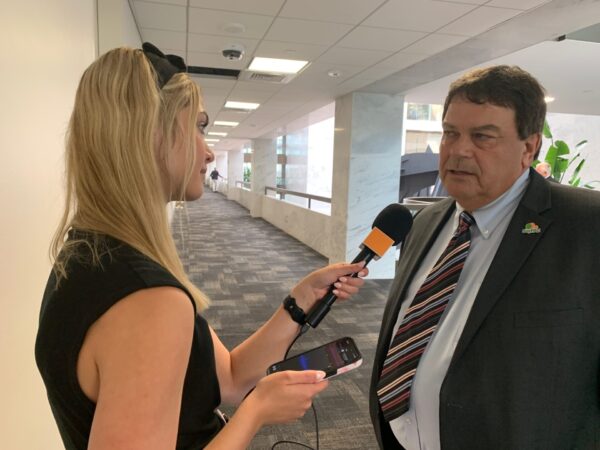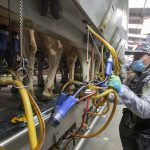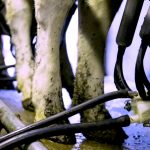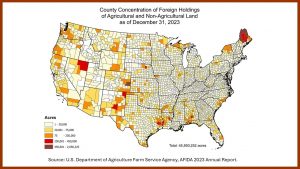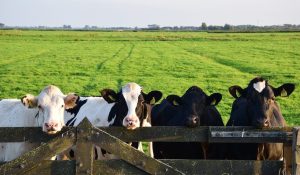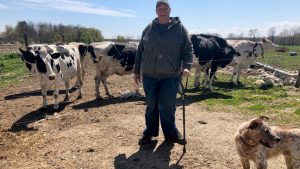
Misinformation Fears Mount Ahead of Key Policy Recommendations on US Agriculture.
Farmers across the United States are voicing significant apprehension regarding the impending Make America Healthy Again (MAHA) report, fearing its potential negative repercussions on U.S. agriculture. Phil Ramsey, a farmer from southwest Indiana, highlights a primary concern: the spread of misinformation from the report could severely impact the accessibility of crucial crop protection chemicals. This issue is particularly critical for the dairy sector and wider agribusiness, which rely on a robust and sustainable feed supply.
Ramsey emphatically stresses that these crop protection chemicals are indispensable for effective weed control in farming operations. He points out that these chemicals have undergone rigorous testing by the Environmental Protection Agency (EPA) to ensure their safety and efficacy. A key warning from farmers is that without these essential tools, they would be compelled to revert to older, less efficient methods like tillage. This shift would inevitably lead to increased fuel consumption and heightened soil erosion, undermining sustainable farming practices.
Beyond crop protection, various agricultural groups are actively urging the MAHA commission to ground its evaluations of seed oils in sound scientific principles. Ramsey staunchly defends soybean oil, asserting its safety and nutritional value. The emphasis is on promoting the utilization of domestically grown products, underscoring the importance of supporting U.S. agricultural output and maintaining market demand for key commodities.
The anticipated second MAHA report is slated for release in mid-August, and it is expected to contain specific policy recommendations. For dairy producers and livestock farmers, changes impacting crop protection and feed ingredients could have direct economic consequences, influencing feed costs and ultimately dairy profitability. The agriculture community is therefore keenly awaiting these recommendations, hoping for evidence-based decisions.
For the international dairy community and food policy analysts, this situation in the U.S. highlights the complex intersection of public health initiatives, environmental concerns, and agricultural practices. The debate over chemical use and seed oils in a major producing nation like the U.S. carries global implications for food safety standards, agricultural trade, and the long-term sustainability of dairy farming and broader agribusiness.
Source: Brownfield Ag News: Farmers concerned about MAHA impacts
You can now read the most important #news on #eDairyNews #Whatsapp channels!!!
🇺🇸 eDairy News INGLÊS: https://whatsapp.com/channel/0029VaKsjzGDTkJyIN6hcP1K
